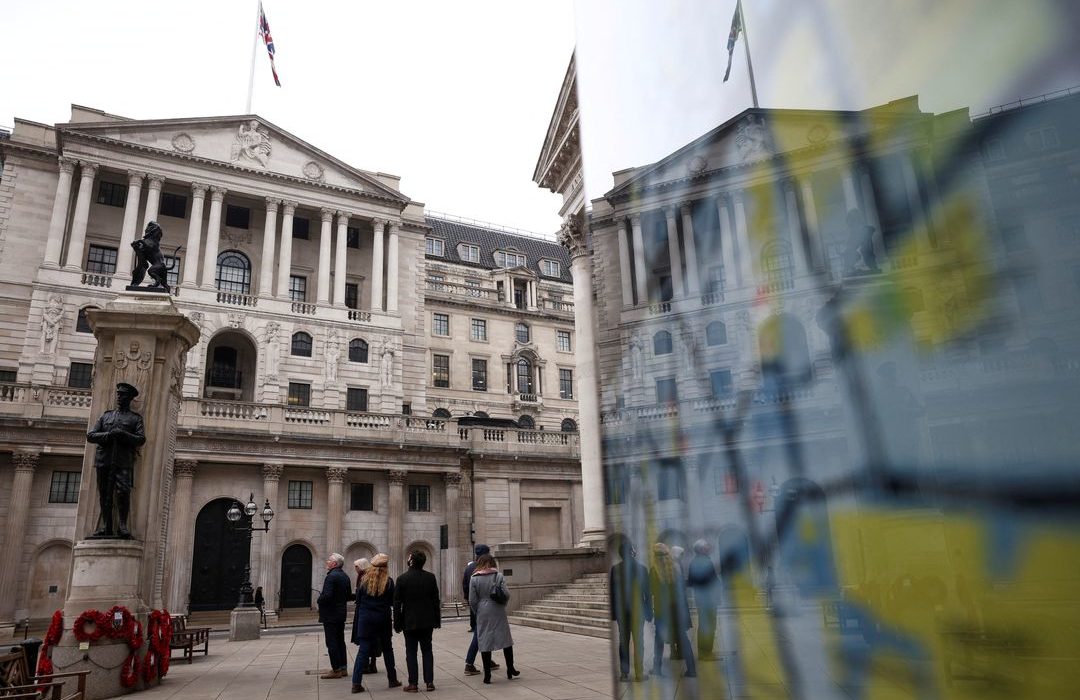BOE data indicate a massive selloff of government debt
Despite Prime Minister Rishi Sunak’s attempts to consolidate the economy following a disastrous fiscal plan in September, foreign investors sold off UK gilts at the fastest pace on record.
Figures from the Bank of England renewed concerns about the weak pound and rising borrowing costs. They indicate overseas investors sold £38.4 billion in government debt between September and November.
Derek Halpenny, the head of research at MUFG bank in Japan, admitted that the BOE’s three-month average of £12.8 billion was the highest ever recorded. Institutions were positioning themselves around the time of the referendum on leaving the European Union in 2016. It was also the first time that foreign investors had offloaded gilts for three months in a row.
With about 30% of the market, foreign investors are among the biggest holders of UK government debt. The government might face issues in the next financial year when it needs to borrow more than £300 billion, the second biggest deficit on record. Signs that they are shifting out of government bonds, known as gilts, might cause problems.
In addition, the BOE intends to use £40 billion of the gilts it purchased as part of its quantitative easing program to boost growth. The BOE was a net gilt purchaser at the pandemic’s peak when the government’s financing remit was greater.
What Is the Implication of Lost Allure for UK Gilts?
A weak currency would increase the expense of imported goods, and larger governmental bond yields would raise borrowing charges across the economy. Accordingly, the consequences would be to exacerbate the cost-of-living crisis.
During the Conservative leadership race that followed Boris Johnson’s resignation as prime minister, foreign investors have been net sellers of gilts for four of the previous five months. When his successor, Liz Truss, announced £45 billion of unfunded tax cuts in September, it accelerated. Sunak later reversed most of the cuts.
Truss’s fiscal agenda triggered a stock market collapse, eventually destroying her administration. With a total of £55 billion in tax increases and expenditure cuts, Sunak, her replacement, restored the public finances. Nevertheless, despite his austerity program, international investors have continued to sell assets.
















